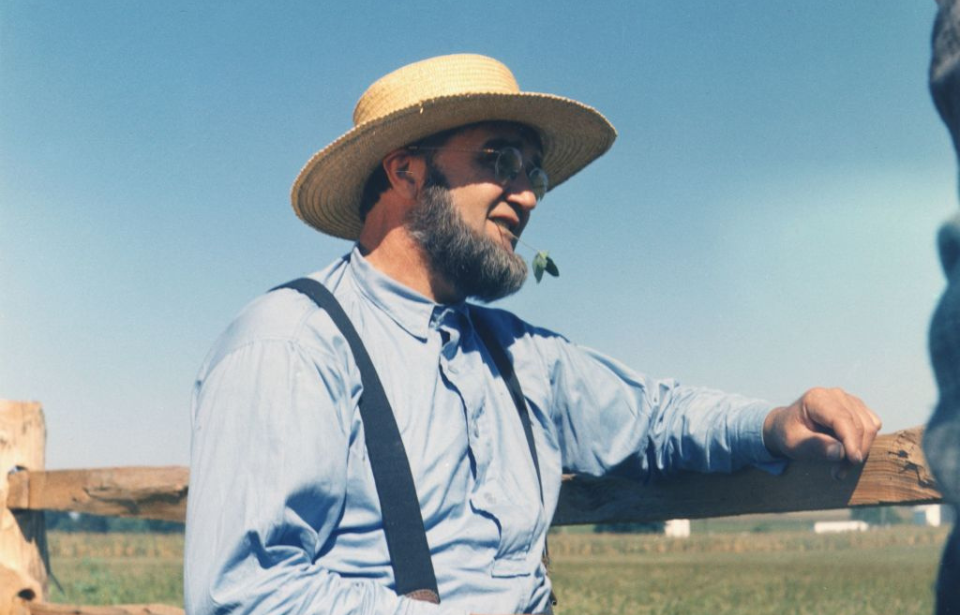The Amish are widely recognized for their unique practice of Christianity, where simplicity, modesty, and humility embody their spiritual convictions. For Amish men, growing a beard symbolizes maturity, marriage, and loyalty to their faith.
Unlike contemporary grooming styles, their tradition requires the upper lip to remain clean-shaven, leaving the beard free of a mustache. This practice began in the 1800s, when mustaches were strongly linked to soldiers and military culture. By rejecting them, the Amish demonstrated a commitment to pacifism, separating themselves from the aggression and warfare that mustaches represented during that time.
Amish beards pay homage to the Bible
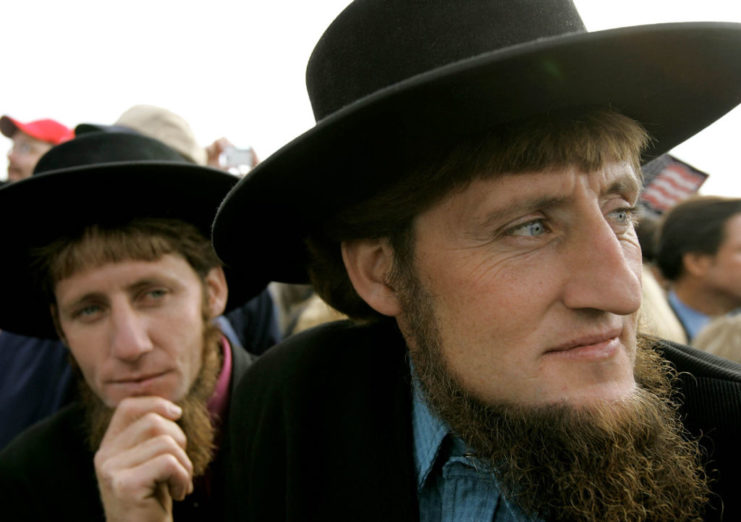
Pacifism is a core Amish belief
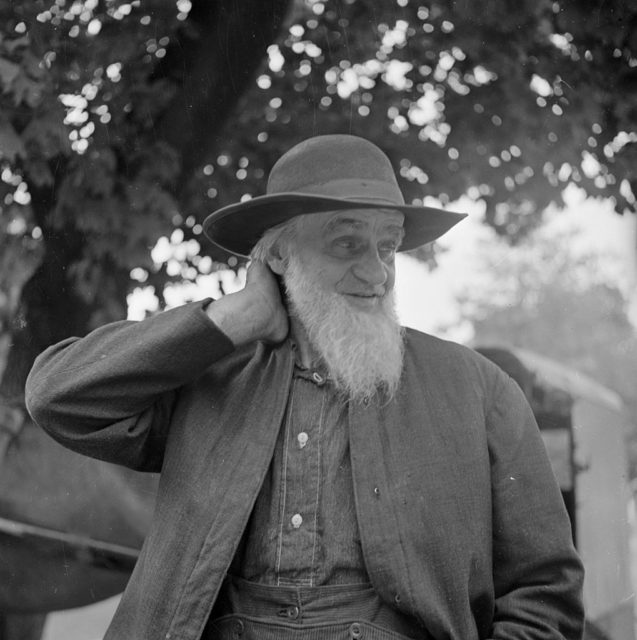
Leviticus 19:27 – “Do not cut the hair at the sides of your head or clip off the edges of your beard”– The Amish take this teaching to heart and follow it without exception.
A central element of Amish belief is the principle of non-resistance, a value closely aligned with pacifism. They seek to steer clear of disputes and refrain from challenging authority, even when they feel wronged. This conviction shapes their daily lives, their interactions with others, and their stance on matters of war. Because military service conflicts with these ideals, they neither enlist nor participate in armed conflict.
Historically, mustaches were strongly tied to soldiers and the culture of the military, so Amish men avoid growing them as a visible declaration of their commitment to peaceful living.
Why don’t Amish men sport mustaches?
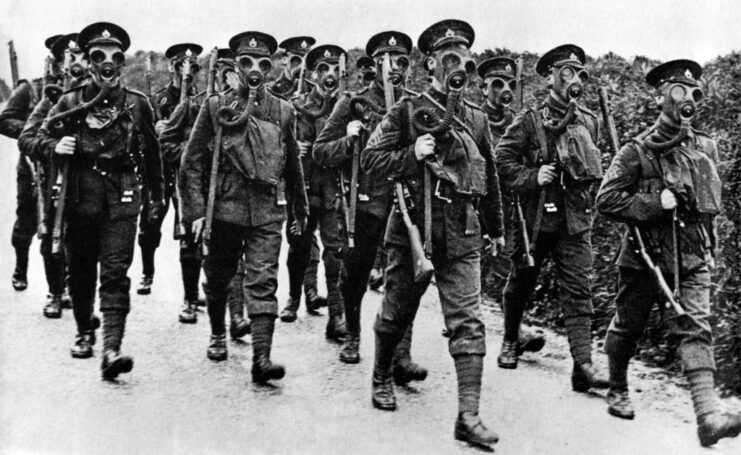
Nowadays, sporting a mustache is a style preference, but historically, it was once a symbol of military service. Facial hair has been linked to warfare and the might of soldiers, especially in cultures where beards and mustaches are seen as symbols of masculinity. Even now, in some regions, soldiers wear facial hair to earn respect.
The British Empire made mustaches mandatory for soldiers
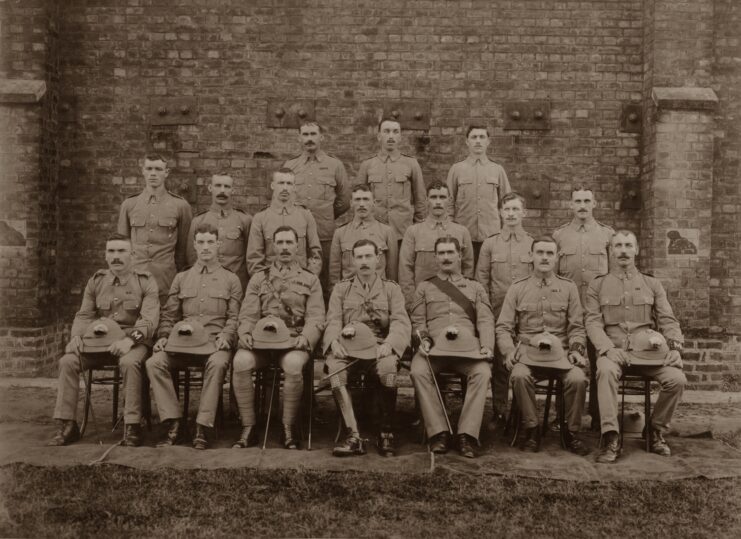
The British Empire, for example, held a strong preference for mustaches, even making it mandatory for soldiers at one point. This regulation remained in place until World War I, when maintaining a mustache became less of a priority and impractical due to the difficult conditions in the trenches on the Western Front.
Furthermore, the onset of gas attacks on battlefields raised worries that facial hair could prevent gas masks from sealing properly against the skin. As a result, the mustache requirement was abolished in October 1916.
The Amish beard avoids all association with the military
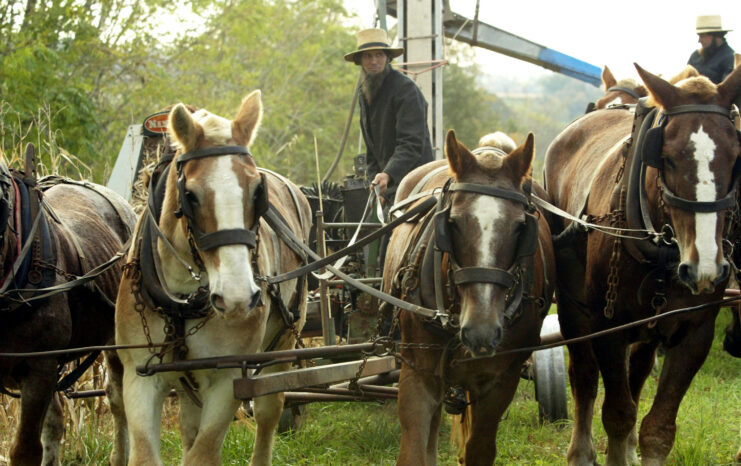
More from us: George Ray Tweed: The Man Who Evaded the Japanese on Guam for Over Two Years
Since mustaches have long been connected to military service and authority, the Amish intentionally refrain from growing them to firmly distance themselves from any ties to war or violence. This conscious decision allows them to maintain their long beards—a significant symbol of their faith—while unmistakably expressing their dedication to pacifism. Additionally, the beard tradition holds deep personal significance within Amish culture: a full beard signifies that a man is married, acting as a visible substitute for a wedding ring and emphasizing his new duties to both family and community.
